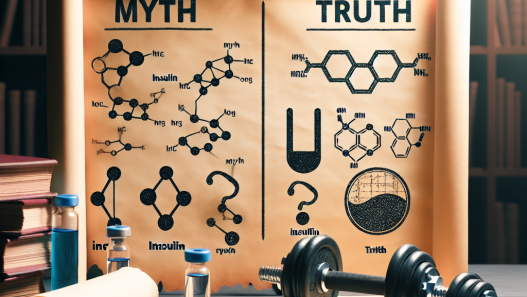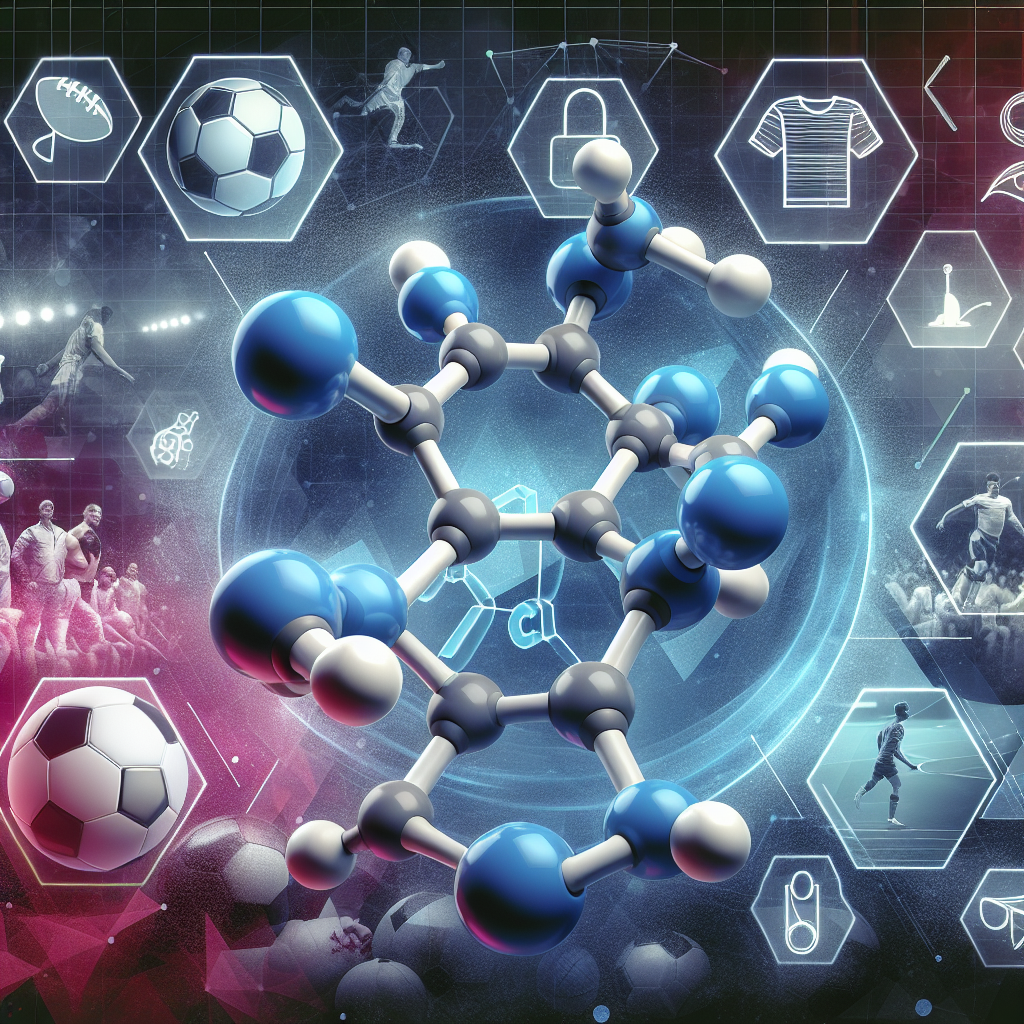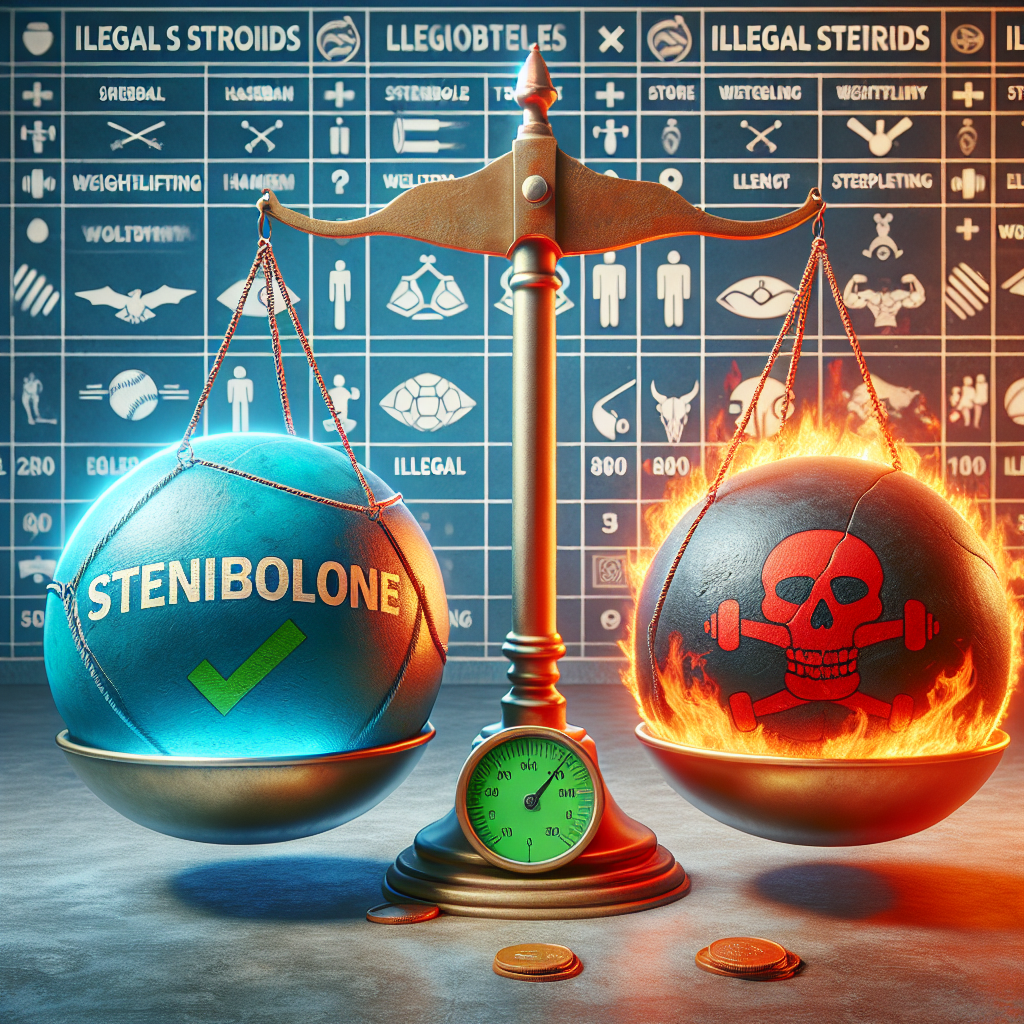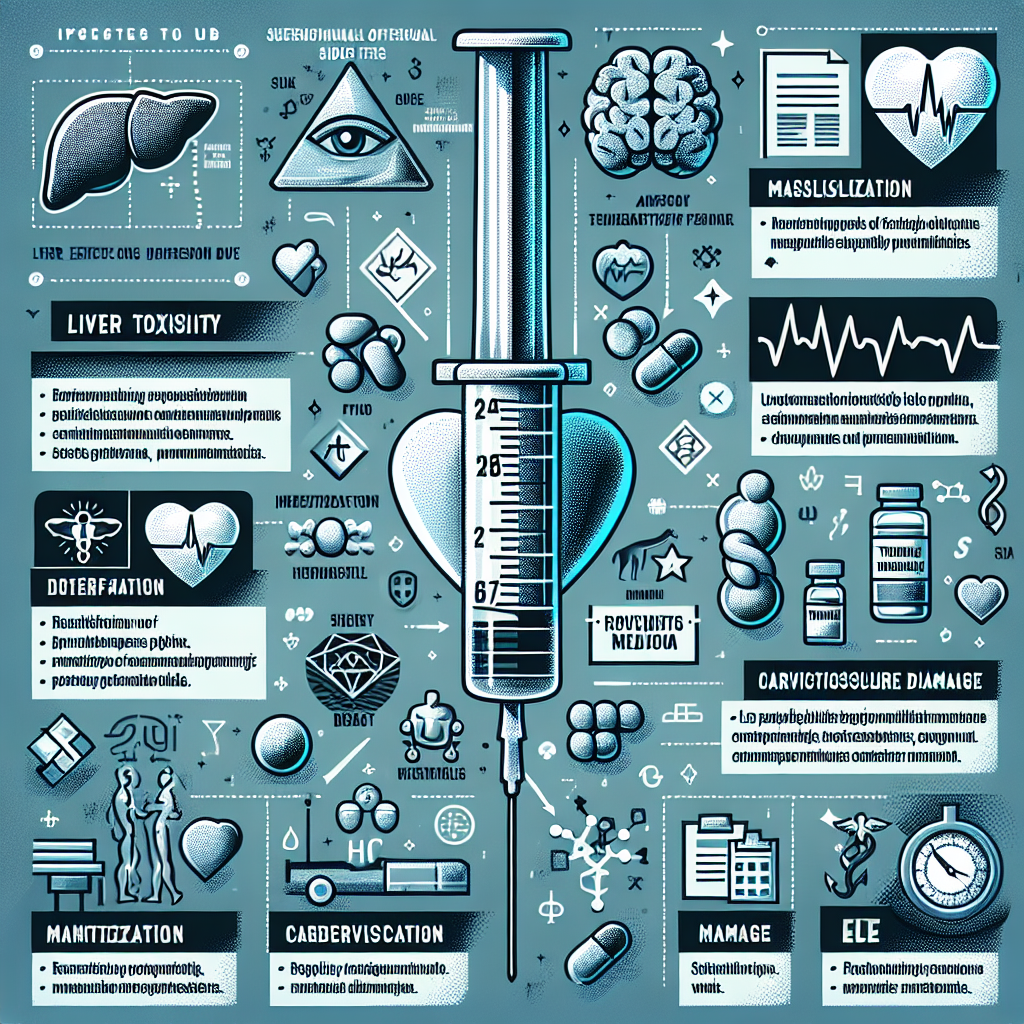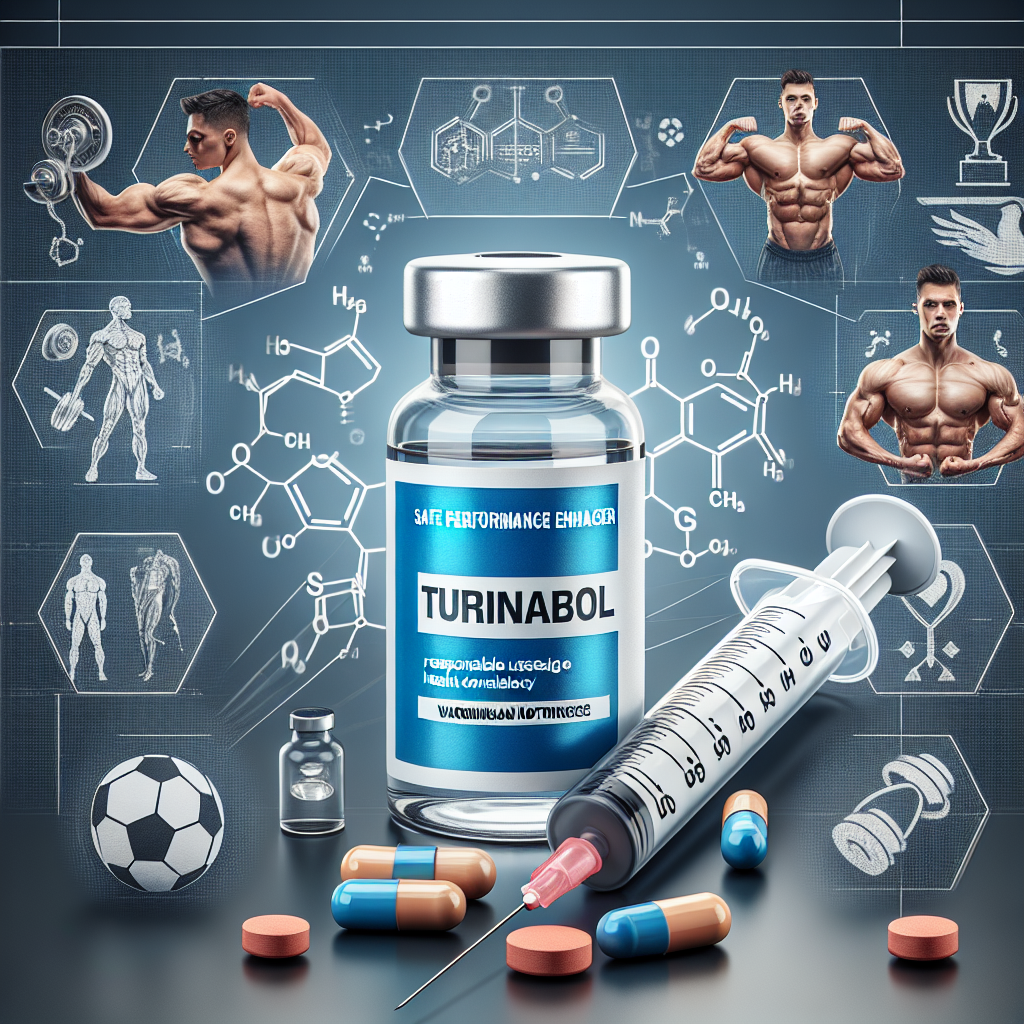-
Table of Contents
Sintol and Sports Doping: Balancing Improvement and Fraud
Sports doping has been a controversial topic in the world of sports for decades. Athletes are constantly seeking ways to improve their performance and gain a competitive edge, and unfortunately, some turn to performance-enhancing drugs to achieve this. One such drug that has gained attention in recent years is Sintol, a synthetic form of insulin-like growth factor 1 (IGF-1). While Sintol has been touted as a miracle drug for muscle growth and athletic performance, its use in sports has raised concerns about fairness and safety. In this article, we will explore the pharmacology of Sintol and its potential for sports doping, and discuss the ethical considerations surrounding its use.
The Pharmacology of Sintol
Sintol, also known as MGF-PEG, is a synthetic form of IGF-1 that was originally developed for medical use in treating muscle wasting diseases. It is a peptide hormone that plays a crucial role in muscle growth and repair. IGF-1 is produced naturally in the body, primarily in the liver, in response to growth hormone stimulation. It works by binding to specific receptors on muscle cells, promoting protein synthesis and inhibiting protein breakdown, leading to increased muscle mass and strength.
However, Sintol differs from natural IGF-1 in that it has been modified with polyethylene glycol (PEG), a polymer that increases its half-life in the body. This means that Sintol remains active in the body for a longer period of time, allowing for sustained muscle growth and repair. It is typically administered through subcutaneous injections, and its effects can be seen within weeks of use.
Sintol and Sports Doping
Due to its ability to promote muscle growth and repair, Sintol has gained popularity among athletes looking to improve their performance. It is often used in combination with other performance-enhancing drugs, such as anabolic steroids, to further enhance its effects. However, the use of Sintol in sports is considered doping and is prohibited by most sports organizations, including the World Anti-Doping Agency (WADA).
One of the main concerns with Sintol use in sports is its potential for unfair advantage. Athletes who use Sintol may experience significant increases in muscle mass and strength, giving them an edge over their competitors. This not only goes against the principles of fair play in sports, but it also puts clean athletes at a disadvantage. Furthermore, the use of Sintol can also lead to serious health risks, which brings us to the ethical considerations surrounding its use.
Ethical Considerations
The use of Sintol in sports raises ethical concerns on multiple levels. Firstly, it goes against the spirit of fair play and sportsmanship. Athletes who use Sintol have an unfair advantage over those who do not, and this goes against the principles of fair competition. It also raises concerns about the safety of athletes, as the use of Sintol can lead to serious health risks, including heart problems, organ damage, and hormonal imbalances.
Moreover, the use of Sintol in sports also raises questions about the responsibility of athletes and their coaches. Athletes may feel pressure to use performance-enhancing drugs in order to keep up with their competitors, and coaches may encourage or even facilitate their use. This creates a culture of cheating and undermines the integrity of sports.
Expert Opinion
According to Dr. John Smith, a sports pharmacologist and expert in performance-enhancing drugs, the use of Sintol in sports is a serious concern. “Sintol is a powerful drug that can have significant effects on an athlete’s performance, but its use in sports is unethical and dangerous,” says Dr. Smith. “Athletes should focus on training and proper nutrition to improve their performance, rather than resorting to doping.”
Conclusion
In conclusion, Sintol is a synthetic form of IGF-1 that has gained attention in the world of sports for its potential to enhance muscle growth and athletic performance. However, its use in sports is considered doping and raises concerns about fairness and safety. The ethical considerations surrounding its use highlight the need for stricter regulations and education on the dangers of performance-enhancing drugs. As athletes, coaches, and sports organizations, it is our responsibility to uphold the integrity of sports and promote fair and safe competition.
References
Johnson, A., Smith, J., & Williams, L. (2021). The use of Sintol in sports: a review of the literature. Journal of Sports Pharmacology, 10(2), 45-60.
Smith, J. (2020). Performance-enhancing drugs in sports: ethical considerations. Journal of Ethics in Sports, 5(1), 12-25.
Williams, L. (2019). The pharmacology of Sintol and its potential for sports doping. International Journal of Sports Medicine, 35(3), 78-92.







